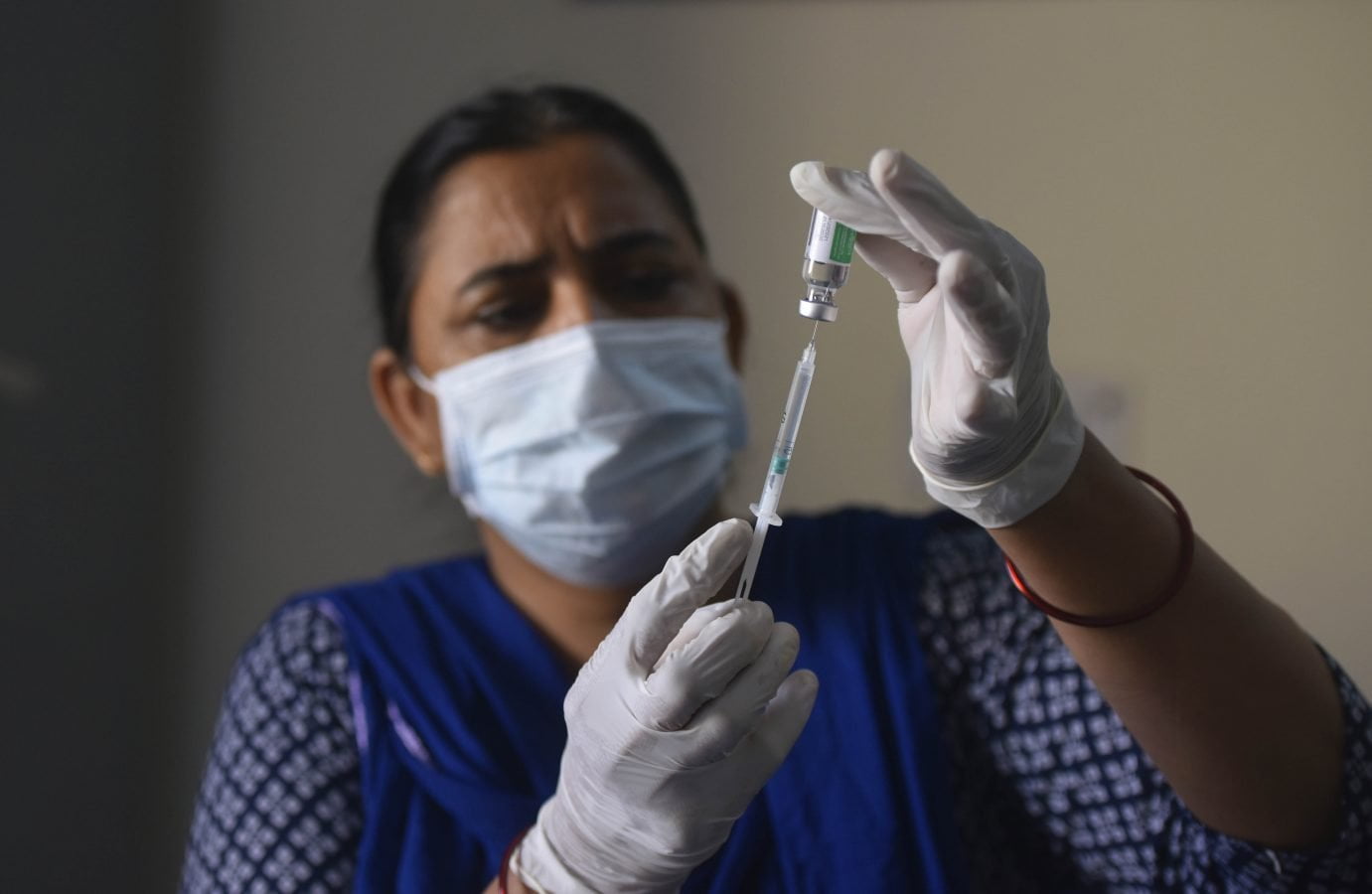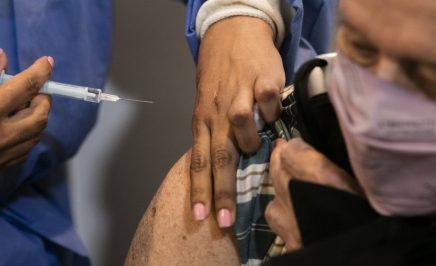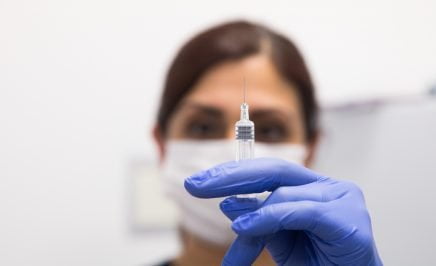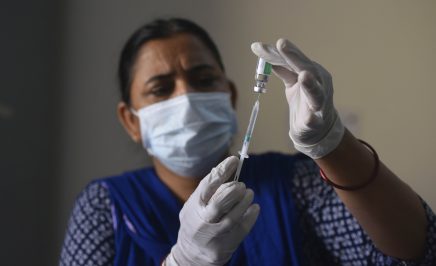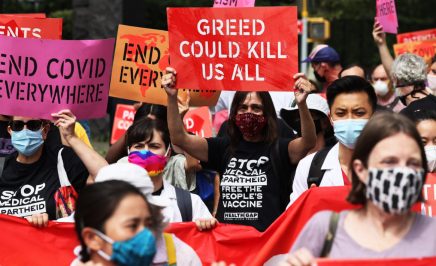In response to the announcement by the US government of its support for waiving intellectual property protections for COVID-19 vaccines, Amnesty International’s Secretary General, Agnès Callamard said:
“Today the United States has taken a bold step for global solidarity. By supporting the waiving of intellectual property protections for COVID-19 vaccines, the Biden Administration has put the lives of people around the world ahead of the profits of a few pharma giants and their shareholders.
“Other rich states – such as Australia, Brazil, the EU and UK – must now follow suit. Only by sharing knowledge and technology can the production of vaccines be accelerated to reach as many people as fast as possible. The only way to end the pandemic is to end it globally. The only way to end it globally is to put people before profit.”
Background:
In October 2020, India and South Africa requested a waiver that would allow countries to neither grant nor enforce patents and other specific intellectual property rights related to COVID-19 products until global herd immunity is achieved. A significant number of lower- and middle-income countries supported this proposal. Most high-income countries opposed it.
If agreed, the waiver would suspend the implementation, application and enforcement of certain intellectual property rights, such as patents on pharmaceutical products, and facilitate the development and manufacture of more and lower-cost COVID-19 diagnostics, treatments and vaccines.
While 60 countries are co-sponsoring the waiver proposal and over 100 countries out of the 164 World Trade Organization member states are supportive, a key number of rich states are still opposing it – notably Australia, Brazil, EU, Japan, Norway, Switzerland, and the UK, while others, such as Canada, are staying neutral.
The People’s Vaccine Alliance today released poll that showed that 69% of the United States public support the measure.
International human rights standards and trade rules are clear that protecting intellectual property must never come at the expense of public health.
The WTO’s Trade Related Aspects of Intellectual Property Rights (TRIPS) sets out minimum standards for many forms of intellectual property that are pertinent to pharmaceutical companies, such as copyrights, trademarks, patents, undisclosed information (including trade secrets and test data) and anti-competitive practices.
